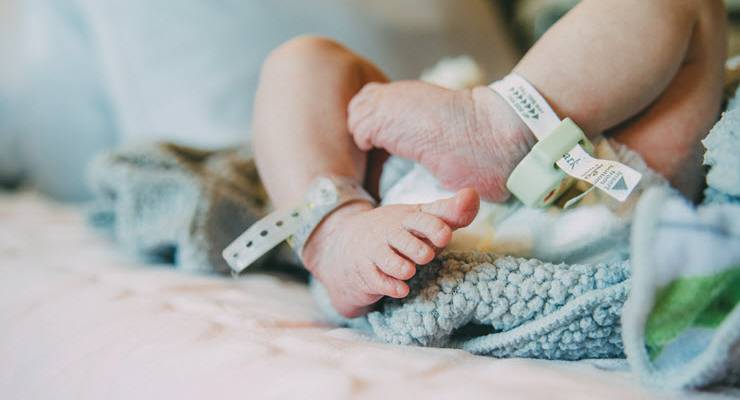
Huge numbers
Global confirmed cases of coronavirus have crept over 15 million this week, with more than 620,000 deaths.
US cases have surged past 4 million, with more than 11,000 deaths recorded in a single day on Wednesday. At least 141,000 people have died from the virus since February.
US President Donald Trump has also cancelled next month’s Republican National Convention in Florida following what he’s called a “flare-up” in cases (the state has been a hotspot for weeks).
Tokyo has also recorded its largest single-day spike with 366 new infections in 24 hours, while Bolivia has postponed its election as healthcare workers and police recover the bodies of hundreds of COVID-19 victims from their homes, vehicles and in some instances, the streets.
Spain recorded more than 2600 new cases in a single day yesterday, compared with a daily average of 132 in June. Most cases are in Catalonia, with a huge uptick in infections after tourist areas reopened.
South Africa’s case data is in doubt: it has reported almost 6000 deaths from COVID-19, but the South African Medical Research Council has said there were 17,000 excess deaths from natural causes between May 6 and July 14 — an increase of 59%.
Victoria confirmed 300 new cases this morning and six more deaths — each was connected to an aged care home.
NSW recorded seven new cases overnight, and Queensland has recorded two new cases in people 11 days into their 14-day quarantine.
Queensland has increased its list of Sydney council areas considered hotspots to include suburbs in the City of Fairfield. The national cabinet will meet today.
Fitness trackers track COVID-19
Researchers are analysing personal fitness trackers to see whether a Fitbit or Apple Watch can provide early warning signs of the wearer having COVID-19.
A team at Stanford University in New York is looking at the historical smart watch data of 5000 participants, along with data from 31 people who tested positive for the virus.
In one case the device was able to detect signs of the virus nine days before obvious symptoms emerged through changes in breathing rates and heart rates.
Premature births decline
Hospitals in Ireland and Denmark have recorded fewer premature births during the pandemic, with a huge drop in the earliest, most dangerous cases.
During lockdown in Denmark, the rate of babies born before 28 weeks had dropped by 90%. Hospitals in The Netherlands and the US have also recorded a drop-off.
While the cause is unknown, experts suggest that the extra rest and less stress from staying at home, less exposure to other infections by going outside, and less air pollution from going near traffic may be behind the trend.
Keep ‘em casual
Reports that some unskilled aged care workers have just six weeks’ training have sparked concerns the nursing home death toll will continue to climb. There are also reports that many workers do not have access to proper personal protection equipment.
Much of Victoria’s second wave has been attributed to people continuing to go to work between noticing symptoms and getting tested. An extra $300 support payment has been made available for those who don’t have access to sick leave while waiting for test results.
Despite tenuous, unskilled employment being behind much of our coronavirus troubles, Treasurer Josh Frydenberg has backed keeping emergency changes to workplace laws to allow businesses to cut employee hours and change their duties.








Crikey is committed to hosting lively discussions. Help us keep the conversation useful, interesting and welcoming. We aim to publish comments quickly in the interest of promoting robust conversation, but we’re a small team and we deploy filters to protect against legal risk. Occasionally your comment may be held up while we review, but we’re working as fast as we can to keep the conversation rolling.
The Crikey comment section is members-only content. Please subscribe to leave a comment.
The Crikey comment section is members-only content. Please login to leave a comment.